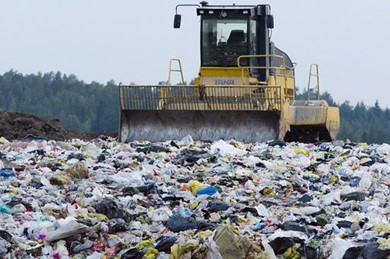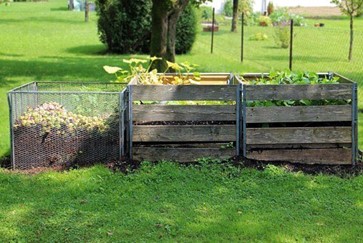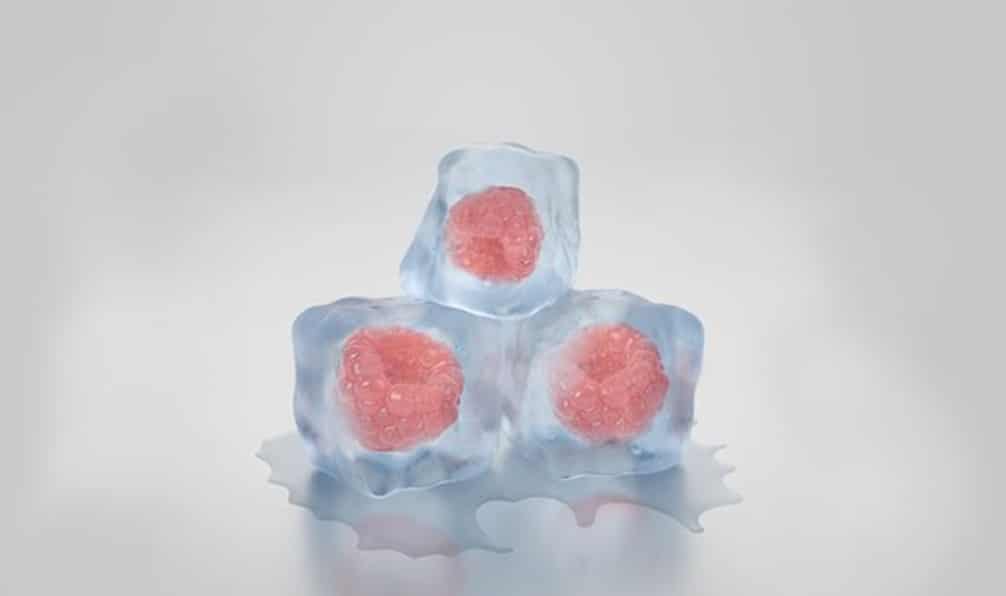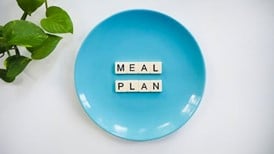Picture this : You are eating dinner with your family or housemates, there is a bit of food leftover and at the end of the evening your friend throws it into the bin.
Sound familiar ?
Although this may seem like an insignificant action in our daily lives, food waste is affecting you far more than you may ever imagine.
Food waste is the number one driver of climate change , so if you want to help combat climate change as an individual then food waste is the perfect place to start.
How much food is wasted globally and in the U.K ?
Globally 1.3 billion tonnes is wasted each year and if we think of food waste as if it were a country (like China) it would be the 3rd largest emitter of greenhouse gases.
If you think that it doesn’t affect the U.K , think again !! As a country we have the highest amount of food waste in Europe wasting around 7 million tons of food each year. This costs each household around £800 per year (Think of all the things you could do with that bit of extra cash.)

Why is food waste an issue?

Food waste contributes to global warming through the greenhouse gases that are released. When food isn’t recycled it goes into landfill releasing methane , if it had been recycled then it can be used for fertilising plants and energy. Greenhouse gases from food waste e.g., rotting veg produces 3x as much methane as cows produce.
The food that is wasted could help to feed those that are starving or malnourished. 8.4 million people in the U.K live in homes where they struggle to buy food and are not getting the nutrients that they need.
We should ideally be feeding those who are in need first before throwing food into the bin..
Perkier on Food Waste
Well, we aren’t gonna change the war on food waste all by ourselves, but we can at least take some steps towards change as a company.
Perkier has less than 1% food waste through the supply chain and any spare foods we do have we donate to foodbanks.
We have donated over 100,000 bars since the pandemic hit in March 2020 to help those in need.
Food Banks that we’ve worked with
- Epsom & Ewell Food Bank
- The Trussell Trust Food Bank – Fleet
- Horsham District Food Bank
- Chelmsford Food Bank
- Stroud District Food Bank
- The Trussell Trust Foodbank – Rugeley
- The Trussell Trust Foodbank – Ely
- Cambridge City Foodbank
- Nishkam Swat HQ
What can you do?
1. Home Composting
By composting at home, you are not only helping the planet by reducing landfill and greenhouse gases but also helping your garden too (your plants , herbs and vegetables will certainly thank you). It can be done all year round through all seasons but the best time for making compost is late summer.

You can buy a compost bin online through your local council and place in your garden at home. A compost bin is best placed on soil / grass slightly in the shade , this helps it to stay free from micro-organisms like fungi.
Getting a mixture of green and brown materials in the compost bin is also important.
Examples of green materials include : carrot tops, flowers, fruit peelings and tea bags.
Examples of brown materials include : autumn leaves. sweetcorn cobs, cardboard and egg shells.
Ps. If you have small furries like Hamsters or Guinea pigs you can add in their droppings plus sawdust and wood shavings.
2. Downloading Food Waste Apps
There’s a whole host of food waste apps out there where you can rescue or donate uneaten food that would otherwise go into landfill.

Olio – Connects neighbours with each other and local businesses so that food can be shared amongst the community. You simply upload a photo of the food to the app , describe what it is and when it may go out of date and what time (and where) is best for it to be collected.

Too Good to Go – You pay for a magic box from a restaurant of your choice and go and pick it up (you can choose what time suits you). They are on a mission to make sure that no food goes to waste , particularly in restaurants where food waste could be on a large scale.
3. Use up your leftovers
It is literally as simple as using the leftover chicken from your roast dinner to make a curry or putting it in your sandwiches the next day.
You can also freeze meals by putting leftovers e.g casseroles into containers and labelling them. This way the food doesn’t end up going in the bin plus it’s a nice surprise for when you feel exhausted from work or university and don’t fancy cooking.

4. Plan Ahead

You can also take a #shelfie to help you to remember what’s in your fridge and cupboards so that you don’t buy a replica of the same thing when shopping.





